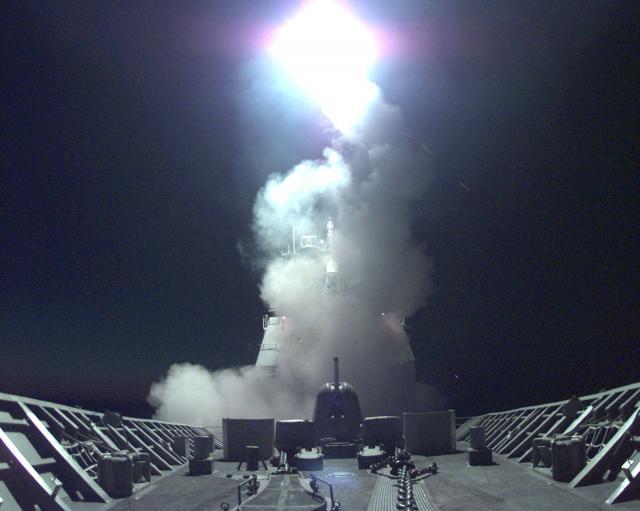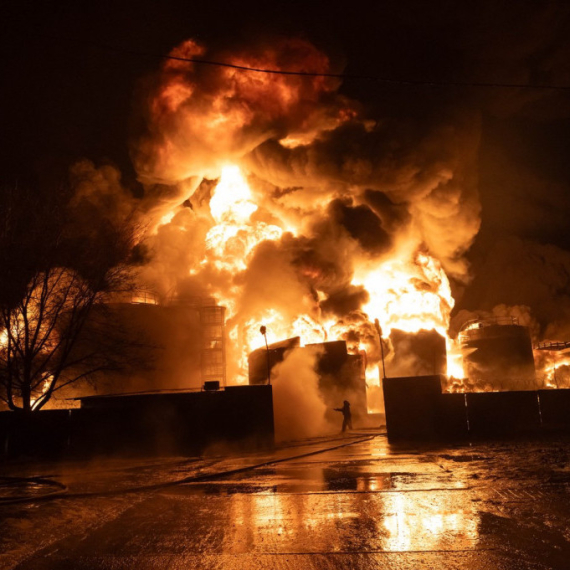"Kosovo war was beginning of new world order"
Kosovo and the bombing of Yugoslavia was a turning point for NATO; since then, Western military interventions around the world are no longer even questioned.
Thursday, 09.06.2016.
13:30

"Kosovo war was beginning of new world order"
Gritsch, who is promoting his book, "The War for Kosovo," said - referring to the western military alliance's 1999 war against the Federal Republic of Yugoslavia (SRJ), made up of Serbia and Montenegro - that it represented "the beginning of a new world order.""Kosovo was at the beginning, as a war in which NATO authorized itself to act outside the borders of the members of the Alliance. Kosovo is at the beginning of new wars, followed by other interventions abroad, Macedonia, the war in Afghanistan, Iraq - in which not all NATO members participated, then 2011, Libya, and in the meantime the eastern enlargement of NATO, which has been developing since the 1990s to the present day and has led to a rival relationship with Russia. Some say that this revived the Cold War. But at the beginning of everything was the Kosovo war," said Gritsch.
In the book, he writes that the 1999 intervention turned NATO from a "defense" to an "interventionist" alliance.
"Very concretely, in the fact that the attack on Yugoslavia began without a (UN) Security Council resolution, and so de jure it was a war of aggression, prohibited by international law. This is also evident from the fact NATO in April 1999, on the occasion of its 50th anniversary, expanded its own contract. In the decisive parts, it switched from defensive to offensive tasks, from defending to intervention," added Gritsch.
He is convinced that it was "too late when negotiations in Rambouillet occurred (in 1998)" and and that there were "plans for the attack, and a firm decision to go ahead with them."
He also pointed out that the terms put before Serbia could not have been accepted by Slobodan Milosevic, but that he "accepted many things after 78 days of bombing - except one."
"He did not accept that NATO troops occupy Serbia and Kosovo. In the Rambouillet agreement, in Article 8 of a document known as Annex B, it is stipulated that NATO can freely move in the whole of Yugoslavia, even that Yugoslavia, that is, Serbia, must pay for the accommodation and stay of NATO troops, and these troops, of course - as is the case worldwide - would not fall under the jurisdiction of the country in which they are located, but only under their own rules. In the end, that paragraph Milosevic could not accept," Gritsch told Deutsche Welle.




































Komentari 46
Pogledaj komentare